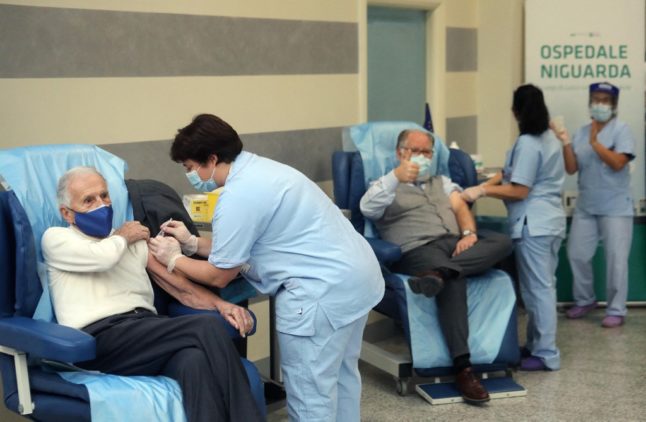The Delta variant was first sequenced in Norway in early May in Oslo and Viken, and as of June 15th, there have been 139 confirmed cases of the virus mutation in Norway.
The variant only accounts for around one percent of all Covid cases in Norway, according to the Norwegian Institute of Public Health (NIPH). Despite this the NIPH still considers the Delta variant a variant of concern.
The virus has been detected in a few different places across Norway, such as Oslo, Fæeder, Trondheim, Bergen and even further north in Troms and Finnmark.
Preben Aavitsland, chief physician at the NIPH, has told newspaper VG there is a chance that the Delta strain could soon replace the Alpha variant, which was first detected in the UK, as the dominant variant in Norway.
Part of the reason for this is that the Delta variant spreads faster than others; another reason it may become the dominant one is that research indicates that vaccines are slightly less effective against the Delta variant especially after one dose.
Research from the UK indicates that a single dose of a Covid-19 vaccine only provides 33 percent protection against symptomatic illness caused by the Delta variant. However, two doses of both the Pfizer and AstraZeneca will offer over 90 percent protection against the variant.
Could concerns around the variant affect the reopening?
Norwegian PM Erna Solberg has said consistently that the government will take a data over dates approach to easing Covid-19 measures.
The government uses three checkpoints when assessing whether it will lift measures; these are the infection situation and infection rates, capacity within the health service and vaccination.
READ MORE: REVEALED: How Norway will further relax Covid-19 vaccinations
This means a sharp rise in infections and hospitalisations could derail the governments reopening plan or put plans to lift more measures on hold.
Research from a risk assessment of the Delta virus by the NIPH in June found that the Delta variant was both more infectious and more likely to lead to more severe Covid-19 than the Alpha variant, which fuelled a third coronavirus wave in parts of Norway during the spring.
“The Delta variant gives more serious disease than the alpha variant and is more easily spread,” the risk assessment outlined.
This means that the potential for the Delta variant to halt Norways reopening plan, as it has done in the UK, for example, is certainly there but, what have the experts said?
The expert view
Preben Aavitsland, chief physician at the NIPH, has said that while the Delta strain could become the dominant strain of Covid in Norway as early as July, he isn’t worried because more and more people are being vaccinated.
“We are currently not too worried about the consequences of it taking over, even if it happens in July. By the end of July, most people over 45 will be fully vaccinated,” he told VG.
“We must expect some spread, but as it looks now, we can hope that this variant will not be a major threat. But we must emphasise that there is some uncertainty, and we will follow developments closely,” he added.



 Please whitelist us to continue reading.
Please whitelist us to continue reading.
Member comments